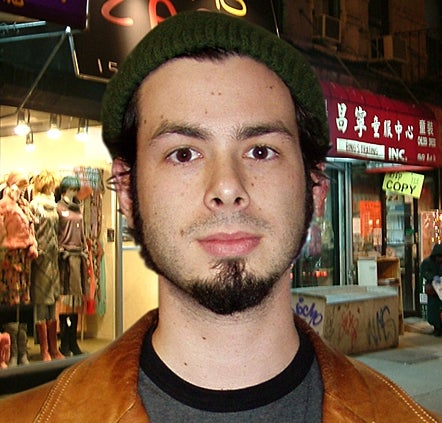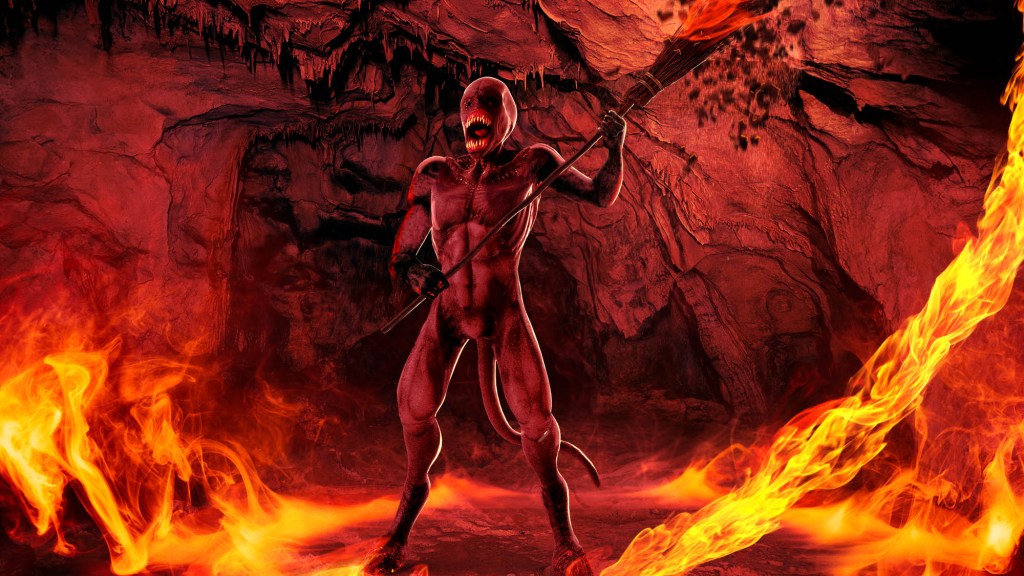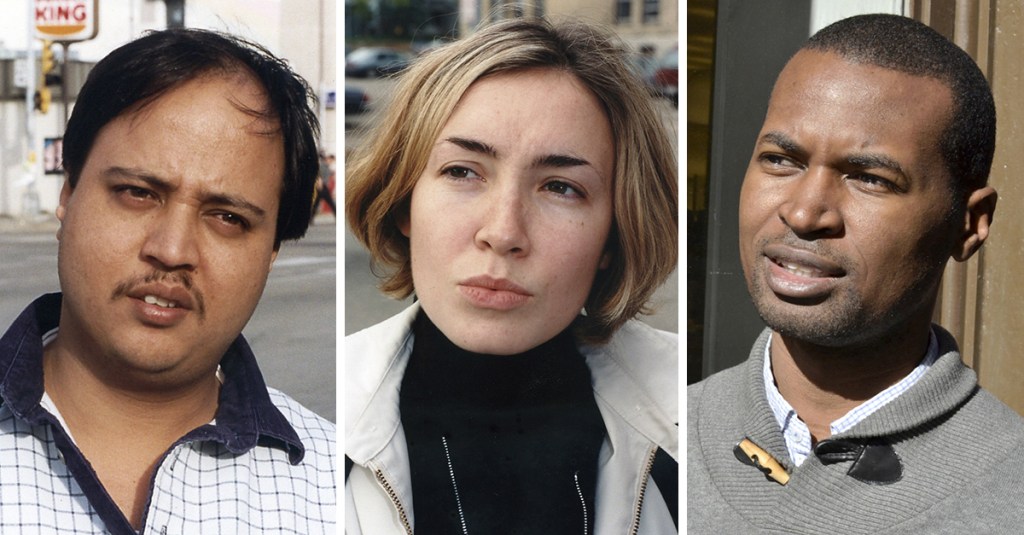LOS ANGELES—According to early arrivals at the scene of a multiple homicide in Koreatown, the alley is no longer cool.
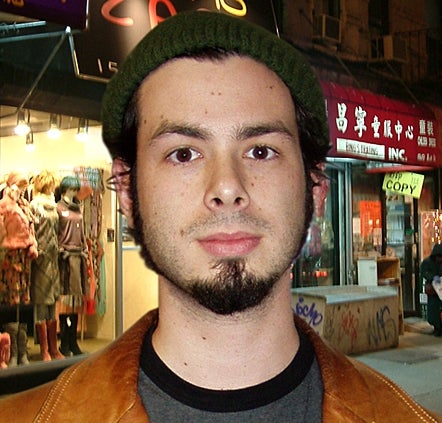
Crime scenester Troy Gassel, 25, arrived at the crime scene around 6 p.m. Monday, when he and friends found two dead males slumped against a Dumpster behind Yo Minh’s Korean Barbecue.
“It was cool, but then more people started showing up, and somehow the police got wind of what was happening,” Gassel said. “Once they got on the scene, you couldn’t even approach the bodies anymore. They turned the perfect little out-of-the-way place into a mob scene.”
Gassel added: “My friends and I totally discovered those bodies.”
LAPD officer Jason Carmanica was patrolling a nearby park when he saw a group of people gathered in the alley.
“When I showed up, I was the only member of the force on the scene,” Carmanica said. “It was just people from the neighborhood: a couple ratty kids, a mailman, and some guy who was throwing out a mattress. That first APB about the murders? Mine.”
Carmanica said the scene was initially “mellow.”
“It was real laid-back at first—no sirens, just the regular guys from the beat with their thermoses of coffee,” Carmanica said. “Then the detectives show up, shoving past you like they own the place. And those goddamn paramedics. I was like, ’I was here before you even heard about it from your dispatcher, so don’t tell me to step away from the body. You step away from the body.’”
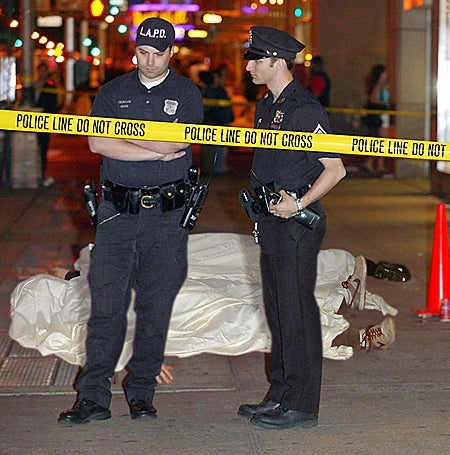
LAPD detective Allison Cramer arrived at the crime scene a little after 6:45 p.m.
“The traffic cops had fucked up my evidence by the time I got there, but you basically expect that,” Cramer said. “The rookies get the call on the radio and show up for social hour. There were so many blue-suits, I could barely turn around.”
Officer Mark Strenge, who has been with the LAPD for six months, drove for nearly an hour to see the bodies.
“It was pretty amazing,” Strenge said. “Lights flashing, tape everywhere, lieutenants yelling, ’Strenge, get me some gloves! Gloves!’ The detectives were cool, too. I was talking to a couple of them, asking them who might have killed the victims and why. But then the reporters showed up, and suddenly everybody was too busy to talk to me.”
According to Strenge, “as soon as the press gets wind of a new crime scene, it’s over.”
Tracy Zsidak, a staff reporter for the Los Angeles Times, has been on the crime beat for more than 15 years.
“I was getting some great material,” Zsidak said. “It was just me, the police, the paramedics—all talking literally 10 feet from the bodies. Then the poseurs from the local TV affiliates started showing up, shoving cameras in everybody’s face, and the lieutenants go mum and say, ’Get behind the tape like everyone else.’ Those hacks don’t know the first thing about the crime scene. With them, it’s crime today, entertainment tomorrow—they’ll go whichever way the wind blows.”
KABC 7 News reporter Alex McPhearson said the crime scene was “pretty fun.”
“But those forensics-squad guys give the worst quotes,” McPhearson said. “It’s like they’re more interested in taking pictures of everything than being part of what’s going on.”
Strenge concurred.
“Pfft, forensics,” Strenge said. “It’s like, ’Oh, you found a strand of hair. Oh, you got some pictures of blood for your evidence files.’ I saw the body, man.”
LAPD forensics expert Hank Trevario said he had mixed feelings about the downfall of the crime scene.
“At first, it’s kind of cool to be let behind the tape where the rest of the crowd can’t go, but the novelty of that wears off pretty quickly,” Trevario said. “You start to notice how crowded and noisy it is, and it starts to annoy you that it takes 20 minutes just to find your commanding officer.”
According to Trevario, the once-hot crime scene is now just another tourist spot.
“After we leave, a crime scene is never the same again,” Trevario said. “We take everything that mattters. People can write their true-crime books or make their TV shows, but they won’t ever get it right. You can’t recapture that feel once it’s gone.”
“Still, for a brief period, that crime scene was happening,” Trevario added. “And I was there.”


